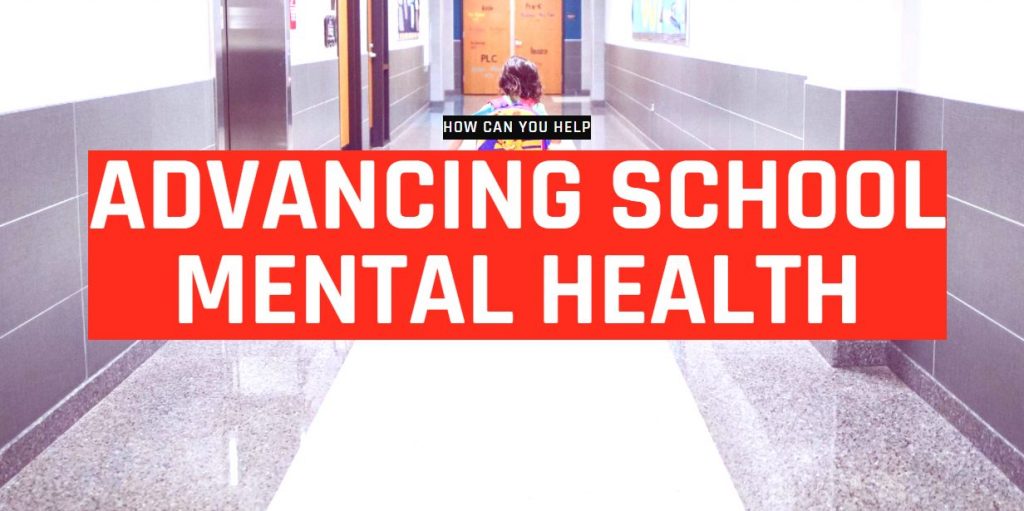Written by: Tamara Manzer
We are excited to announce the launch of our new resource designed to support Youth Advocates with Advancing School Mental Health across the nation.

In 2014, Youth MOVE National worked on a policy initiative and held community forum discussions with youth in the community about what is helpful to their success and what is harmful. Something that stood out to us as a result of this initiative was the education pillar. Youth said that teachers who are aware of mental health signs and offer support are helpful! As well as an educational environment where youth feel supported, valued, successful, and not stigmatized even if they are experiencing social, emotional or behavioral challenges. Additionally, youth said that what’s needed is a safe space for them to go to when they feel overwhelmed: more opportunities, positive peer and adult role models, and partnerships with youth to develop social awareness campaigns.
Over the past eight months, YMN has partnered with the National Center for School Mental Health and Bainum Foundation to develop a resource to support youth and young adult advocates across the country with advancing school mental health in the ways that they see needed. Both YMN and NCSMH have hosted several conversations with youth advocates around what they would like to see happen to advance school mental health. Common themes arose in discussions as it relates to what youth told us in the 2014 policy initiative. There is a need to eliminate the stigma for educators to understand and support youth mental health and safe spaces for them to talk about their experiences.
As a result of the conversations with youth, four policy focus areas have been identified that will be highlighted in this resource with an overview of the issue and action steps outlined to support youth in their advocacy journey.
Policy Area #1 – The need for mental health curriculums in schools.
Policy Area #2 – The need for school staff to receive mental health literacy training.
Policy Area #3 – The need for increased mental health services and programs for equitable access to supports.
Policy Area #4 – The need for Restorative Justice in schools.

“De-stigmatization is a critical part of the process, not just growing an understanding of mental health. This takes a lot of empathy.” – Youth Advisor
Additionally, we are highlighting existing advocacy efforts that will inspire youth advocates to take action to advance school mental health within their local schools or education systems. You will also see that we are touching on some of the challenges surrounding policy change and will offer additional support in guiding youth and young adults with their advocacy efforts along the way.
Additionally, check out the National Center for School Mental Health’s website if you are interested in signing up to Become a School Mental Health Champion!





While our culture has embraced mental health in positive ways, our schools should do the same. More and more we see our students who either struggle with mental illness or have someone in their home. Making conversations and resources relevant and accessible can mean the difference of life or death for one of our own or their loved ones.
Agreed, we have several projects in the mix regarding school-specific approaches to youth engagement for mental health. This system is unique because most youth are engaged in education for a long period of time, and the opportunity for growth, aspiration, and intervention is important!